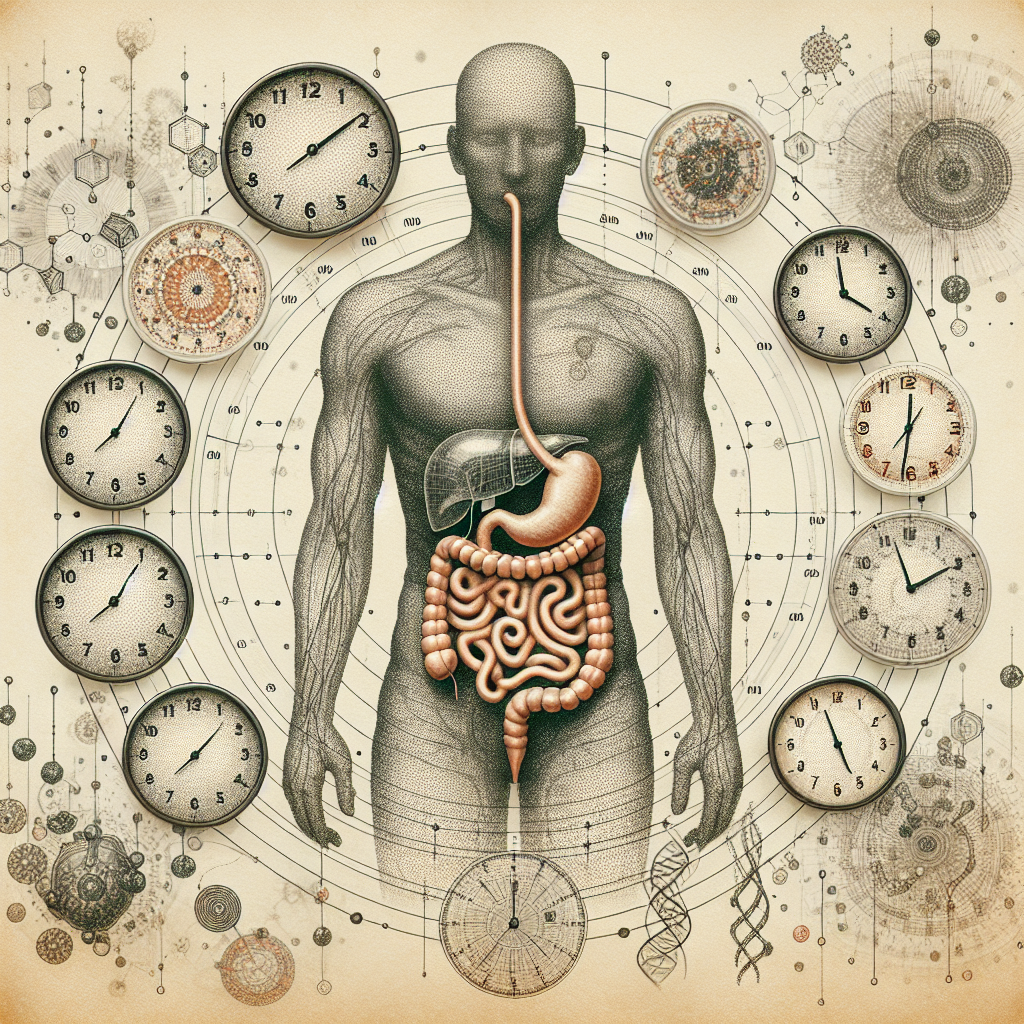### A Fresh Inside Look at Intermittent Fasting: Science Untangled.
Intermittent fasting (IF), [^1^] undoubtedly a hot topic in the wellness community, has been touted as a secret weapon for weight loss, increased focus, energy boost, and ageing well. While many have embraced this dietary pattern for its flexibility, others may still be in the dark. Buckle up as we delve into the science behind intermittent fasting, dispelling myths and demystifying facts.
## What is Intermittent Fasting?
In essence, IF isn’t a diet but rather a pattern of eating. It’s about cyclical durations of eating and fasting. Popular methods include the 16/8 method, the Eat-Stop-Eat method, and the 5:2 diet[^2^]. The core idea is to give the digestive system a break – promoting better health down the line.
## The Science Behind Intermittent Fasting
Fundamental to understanding IF is the body’s process of switching from a fed state to a fasting state[^3^]. When we eat, our body spends a few hours processing that food and burning what’s readily available. But when we fast, our body turns to fat cells for energy, leading to weight loss.
Moreover, fasting leads to cellular repair processes, like autophagy[^4^], and positive changes in the function of genes linked to longevity and protection against disease – indeed, the makings of a healthier you.
## Health Benefits of Intermittent Fasting
A well of science-backed benefits substantiates the surge of enthusiasm for IF. Here are some noteworthy ones:
### Weight Loss
During fasting periods, insulin levels drop, and fat cells release stored sugar to use as energy, preventing weight gain and promoting loss[^5^].
### Increased Focus and Energy
Some people using IF have purportedly experienced increased clarity and mental sharpness[^6^]. One likely explanation is that fasting can increase the production of a protein, BDNF, that supports neural health and cognitive functions.
### Improved Metabolic Health
Fasting can have dramatic influences on metabolism, offering protection against type 2 diabetes, heart disease, and cancer[^7^].
## Setting the Record Straight
Despite its numerous benefits, IF isn’t for everyone. Some people don’t react well to periods of food deprivation, and it can exacerbate certain medical conditions[^8^]. It’s also crucial to underscore that IF doesn’t license indulgence in unhealthy food during non-fasting windows.
When considering IF, remember, every individual is different. It’s essential to start slow, listen to your body, and seek professional medical advice.
## Conclusion
Broadly, IF isn’t merely a fad diet but a long-term lifestyle choice that promises holistic health benefits. While it’s a worthwhile endeavor, it’s not the ultimate answer to everyone’s needs. And as the field of nutritional science expands, it’s key to keep an open mind.
As always, it’s about balance. After all, as Hippocrates wisely put it, “Let food be thy medicine and medicine be thy food.”
[^1^]: [Johns Hopkins Medicine: Intermittent Fasting: What is it, and how does it work?](https://www.hopkinsmedicine.org/health/wellness-and-prevention/intermittent-fasting-what-is-it-and-how-does-it-work)
[^2^]: [Healthline: The Most Popular Ways to Do Intermittent Fasting](https://www.healthline.com/nutrition/popular-ways-to-do-intermittent-fasting)
[^3^]: [Scientific American: How Intermittent fasting might help you live a longer and healthier life](https://www.scientificamerican.com/article/how-intermittent-fasting-might-help-you-live-a-longer-and-healthier-life/)
[^4^]: [Cellular and Molecular Life Sciences. Autophagy and intermittent fasting: the connection for cancer therapy?](https://www.ncbi.nlm.nih.gov/pmc/articles/PMC6257056/)
[^5^]: [Harvard Health Publishing: Intermittent fasting: Surprising update](https://www.health.harvard.edu/blog/intermittent-fasting-surprising-update-2018062914156)
[^6^]: [Harvard Business Review: The Latest Science on What Makes Us Grow Old — or Stay Young](https://hbr.org/2019/05/the-latest-science-on-what-makes-us-grow-old-or-stay-young)
[^7^]: [The New England Journal of Medicine: Effects of Intermittent Fasting on Health, Aging, and Disease](https://www.nejm.org/doi/full/10.1056/NEJMra1905136)
[^8^]: [Mayo Clinic: Intermittent fasting: Is it a good idea?](https://www.mayoclinic.org/healthy-lifestyle/nutrition-and-healthy-eating/expert-answers/intermittent-fasting/faq-20441303)


